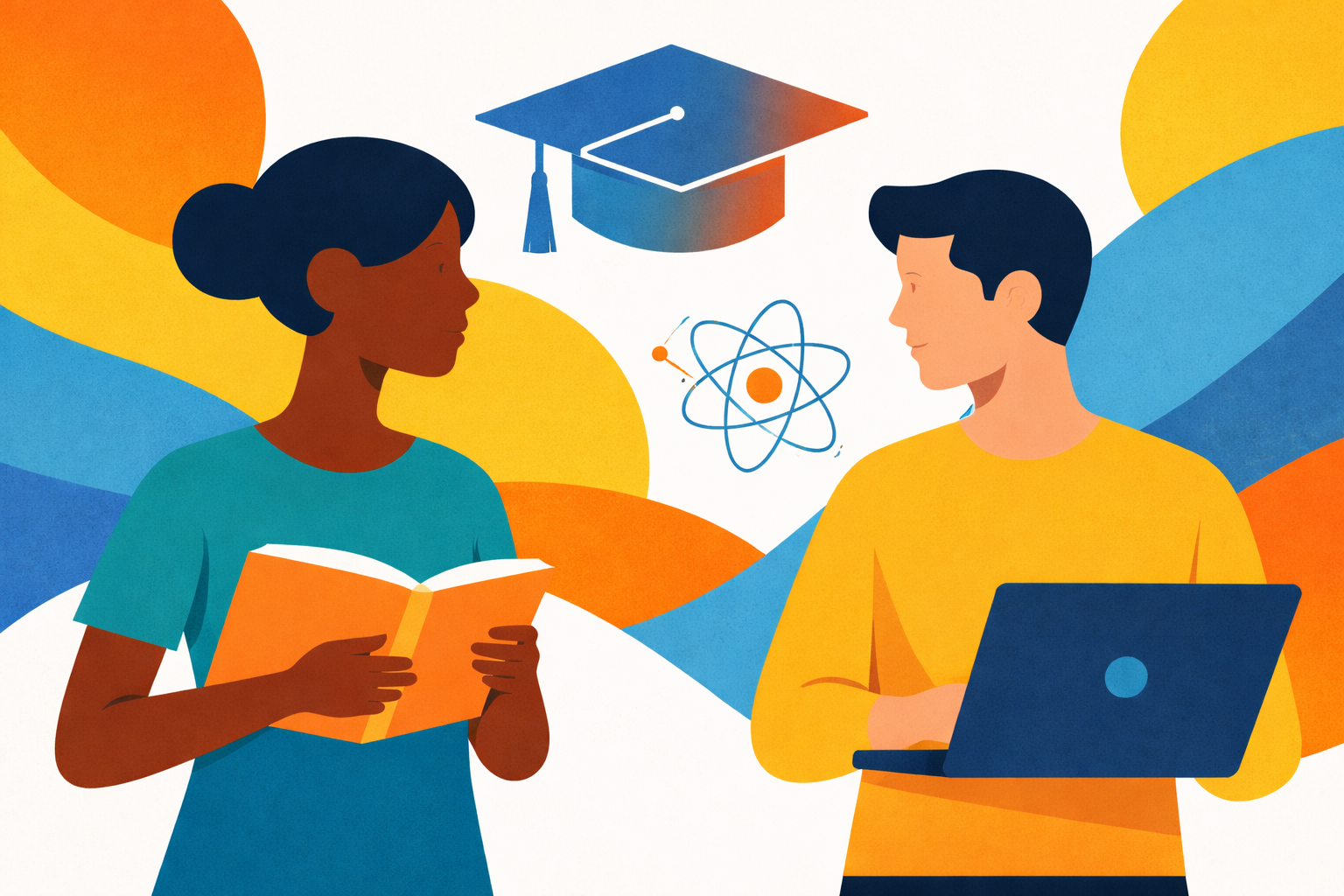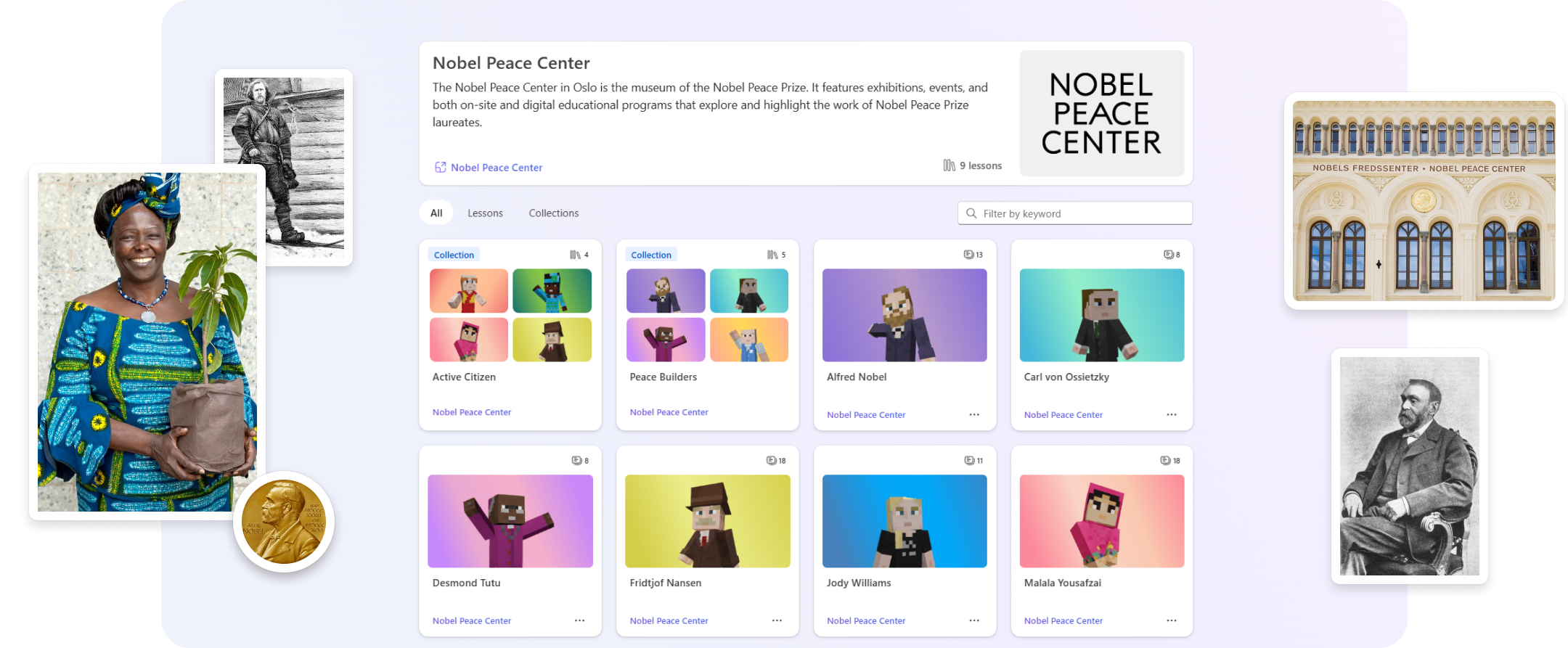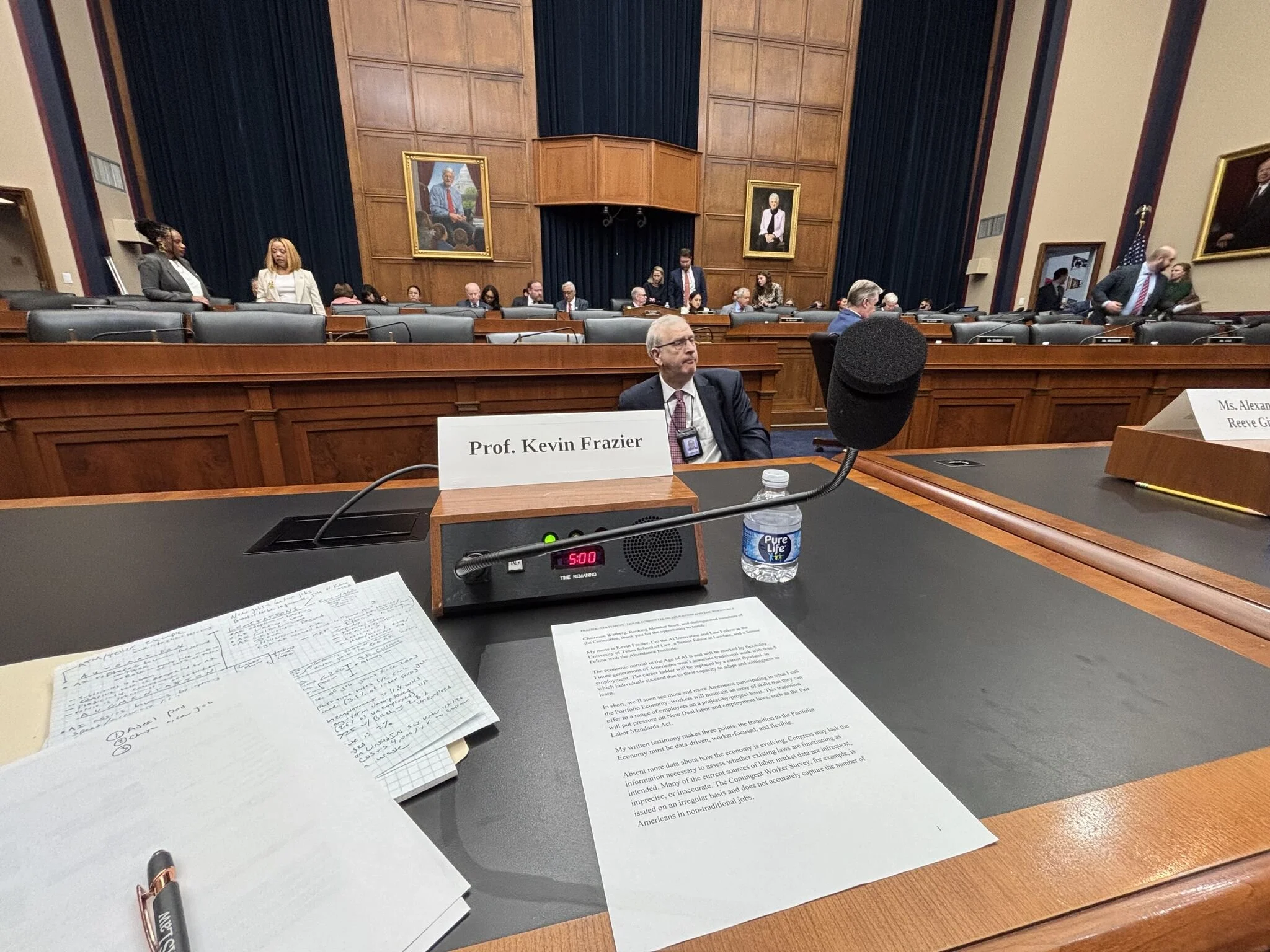ETIH’s most-read stories in August: Google’s AI tools, ClassDojo privacy deal, and a $10M Jotit push
From White House AI initiatives and fast-tracked district rollouts to new funding rounds and policy shifts, these are the biggest EdTech stories from August 2025.
This month’s EdTech stories reflect a sector balancing rapid innovation with growing scrutiny. AI continues to dominate headlines, from cross-lab safety tests and student tools to public funding rounds and teaching gaps in US schools. Elsewhere, homeschooling gains traction, Bett and GSV reshape the event calendar, and mobile-first campus security rolls out at scale.
10. Transact + CBORD and ASSA ABLOY roll out mobile-first campus access across 100 sites
In at number ten, Transact Campus and CBORD partnered with ASSA ABLOY to bring mobile-credential wireless access to nearly 100 higher education campuses. The initiative integrates mobile ID with existing systems, aiming to speed up deployment and improve security. With mobile credentials on the rise, the rollout reflects growing student expectations for flexible, keyless entry.
9. US Presidential AI Challenge launches for K–12 students and educators
Taking the ninth spot, the White House launched the US Presidential AI Challenge, inviting students and teachers to develop AI projects tackling community challenges. The program, announced by First Lady Melania Trump, includes four entry tracks, prizes up to $10,000, and a national showcase in Washington, DC. Entries are due by January 2026, with guidance and office hours launching this autumn.
8. One-third of British parents say they’re considering homeschooling
At number eight, a Wolsey Hall Oxford survey found that 32 percent of British parents are considering homeschooling. Reasons included mental health, bullying, class size, and outdated teaching methods. With more families working remotely, the findings suggest that flexible education is becoming a serious option, not just a post-pandemic trend.
7. ClassDojo joins national data privacy agreement to fast-track district use
Coming in at number seven, ClassDojo signed on to The Education Cooperative’s Standardized Data Privacy Agreement, enabling faster, districtwide adoption in 14 US states. The agreement gives districts a pre-approved route to bring the tool into classrooms, aligning with legal standards while streamlining procurement. ClassDojo says the deal balances privacy with ease of access.
6. Jotit sets sights on US public schools with new tools and subsidiary
And in at number six, digital handwriting platform Jotit announced a major push into the US public school system, launching a new subsidiary and product updates aligned with Canvas LMS. Following a $10 million Seed Round led by Owl Ventures, the company plans to scale across states including Florida and Texas, bringing handwriting-first tools to classrooms at scale.
5. Rachel Lo exits Shopify to join Anthropic, as Claude expands in education and enterprise
Kicking off the top five, Rachel Lo left Shopify to take on a new role at Anthropic, joining as Member of Technical Leadership. Her move coincides with major growth in Anthropic’s education and enterprise strategy, including new partnerships with Wiley, Panopto, and multiple universities. Claude for Education now includes integrations with Canvas and new student ambassador programs.
4. Bett and GSV join forces to reshape global EdTech event landscape
Taking the number four spot, Bett and the GSV Summit have merged to form a new global event network spanning four continents and five major shows. The combined platform aims to accelerate collaboration across K–12, higher education, and workforce development, with upcoming events planned in the UK, US, Brazil, and Asia.
3. ChatGPT for Education rolls out QuizGPT for flashcard-based learning
At number three, OpenAI launched QuizGPT, a flashcard generation tool that lets students create study sets from uploaded lecture notes, slides, or documents. Available for free inside ChatGPT, the tool supports retrieval-based learning and reflects OpenAI’s move toward student-centered education tools inside its platform.
2. Paddy raises €1 million in pre-seed round to support AI platform for teachers
Just missing the top spot, German EdTech startup Paddy raised €1 million in pre-seed funding led by High-Tech Gründerfonds and angel investors. Designed by teachers, Paddy’s platform automates lesson planning and content creation, already serving over 12,000 educators. The company says it’s focused on reducing workload while building AI literacy in schools.
1. The ETIH Innovation Awards 2026 officially open for entries
And taking the number one spot for August, entries have officially opened for The ETIH Innovation Awards 2026. Spanning 23 categories across K–12, higher education, workforce development, and lifelong learning, the awards celebrate innovation and impact in education technology. Winners will be featured in ETIH’s first print magazine, launching at BETT 2026. Entries close on 7 November, and schools can submit for free in dedicated categories.
The ETIH Innovation Awards 2026
The EdTech Innovation Hub Awards celebrate excellence in global education technology, with a particular focus on workforce development, AI integration, and innovative learning solutions across all stages of education.
Now open for entries, the ETIH Innovation Awards 2026 recognize the companies, platforms, and individuals driving transformation in the sector, from AI-driven assessment tools and personalized learning systems, to upskilling solutions and digital platforms that connect learners with real-world outcomes.
Submissions are open to organizations across the UK, the Americas, and internationally. Entries should highlight measurable impact, whether in K–12 classrooms, higher education institutions, or lifelong learning settings.
Winners will be announced on 14 January 2026 as part of an online showcase featuring expert commentary on emerging trends and standout innovation. All winners and finalists will also be featured in our first print magazine, to be distributed at BETT 2026.

























